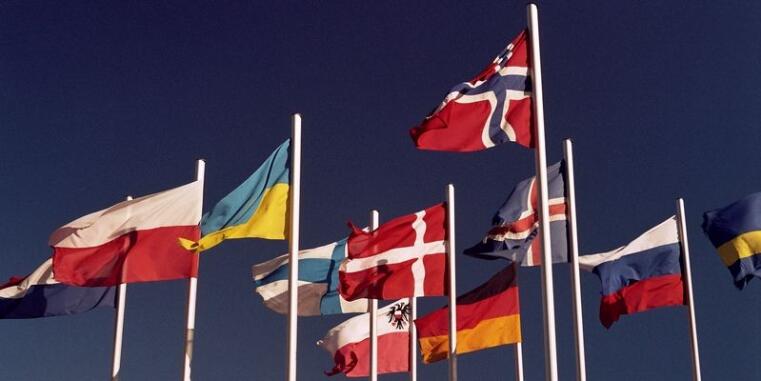

Wie man einen Krieg beenden kann
“Israel's war against the terrorist organization Hamas in the Gaza Strip or Russia's war of aggression against Ukraine are in the news every day. How can wars be ended? A look at history. [...] “More than 3,200 years ago, the Egyptians and Hittites assured each other of their support in the treaty, but neither triumphed. This must have been preceded by many negotiations, as evidenced by extensive correspondence between the rulers,” said Achim Lichtenberger and Helge Nieswandt from the Archaeological Museum of the University of Münster in 2018.”
„Wer könnte größere Verantwortung für die Ukraine haben, wenn nicht die Deutschen?“
“Arms deliveries and sanctions have not brought peace to Ukraine. International talks were often rejected by Russia. “Precisely because Germany committed inconceivable crimes in Ukraine during the Second World War, it has a special responsibility to support the country now,” emphasized historian Prof. Ricarda Vulpius.”
Bei Putin ist absolut kein Interesse an Frieden zu erkennen
“Communication between Ukraine and Russia is proving difficult. Is a peace agreement even possible? Prof. Dr. Ricarda Vulpius is a historian and expert on Eastern Europe with a focus on Russia and Ukraine. In this SR kultur interview, she explains what is now important in the negotiations.”
Donald Trump als Friedensengel? Imperialistische Narrative im Ukrainekrieg
“Donald Trump's goal is to end the Russian war of aggression in Ukraine as quickly as possible. But at what cost? Does an end to the war really automatically mean peace? [...] Ricarda Vulpius explains the dangers of the negotiations between Trump and Putin over Ukraine. She is Professor of Eastern European History at the University of Münster.”
Wie das Gedenken Putin geholfen hat
“In Germany and Russia, the Second World War was commemorated in a similar way. That is why it was overlooked how Putin used history to prepare for a new war. A guest article by the German-Ukrainian Historical Commission. [...] The German-Ukrainian Historical Commission consists of Martin Schulze Wessel, Kai Struve, Ricarda Vulpius, Guido Hausmann, Tanja Penter, Milos Rezník and Anna Veronika Wendland from the German side and Polina Barwinska, Gelinada Grintschenko, Wladyslaw Hrynewytsch, Jaroslaw Hryzak, Olexandr Lysenko, Jurij Schapowal, Ihor Schtschupak from the Ukrainian side.”
Warum jeder exklusive Besitzanspruch verfehlt ist
“Greeks, Romans, Byzantines, Tatars: Crimea is a melting pot of different cultures that have left their mark, says historian Ricarda Vulpius. Because of its geopolitical significance, the peninsula has become a bone of contention.”
Ungebrochene Solidarität
“Panel discussion on the war against Ukraine: Last Saturday marked the second anniversary of Russia's war of aggression against Ukraine. Ricarda Vulpius, Professor of Eastern European History at the University of Münster, and Irina Wutsdorff, Professor of Slavic Studies, took this as an opportunity to discuss the future of the country on Saturday evening.”

